Yesterday’s outreach event was, by all accounts, a success. People in need were given some provisions for which they expressed gratitude. At least for the fifty-plus families we aided, their worries about finding provisions have been alleviated for the remainder of the year. Although perhaps our help was little more than putting a bandaid on a wound, it could also be said that something is always better than nothing.
The hike to Mampueng Falls turned out to be tougher than I anticipated. Lots of rocks to crawl over en route, and that’s not my strong suit. Still, I’m glad for the experience. Hiking along, the thought occurred to me that feeling sorry for yourself, as I sometimes do, is yet another manifestation of my selfish nature. Seeing the desperate lives lived by the indigenous Aeta people we encountered was a stark reminder that I’m one of the luckiest bastards around, comparatively speaking. And despite the harsh circumstances of their lives, the natives we encountered were warm, friendly, and appreciative. There’s a lesson in there somewhere that I hope to learn to embrace.
To the photos then:
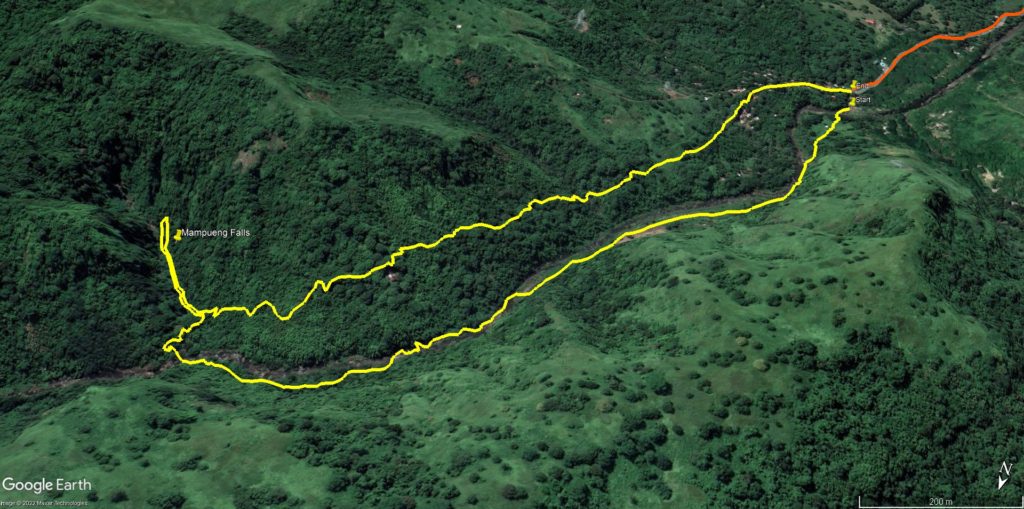
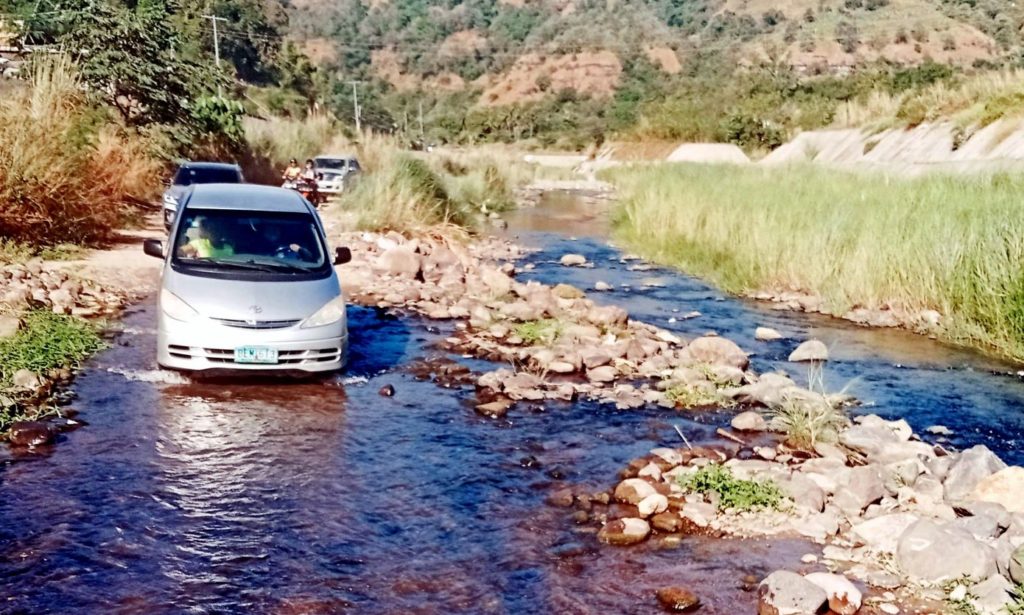

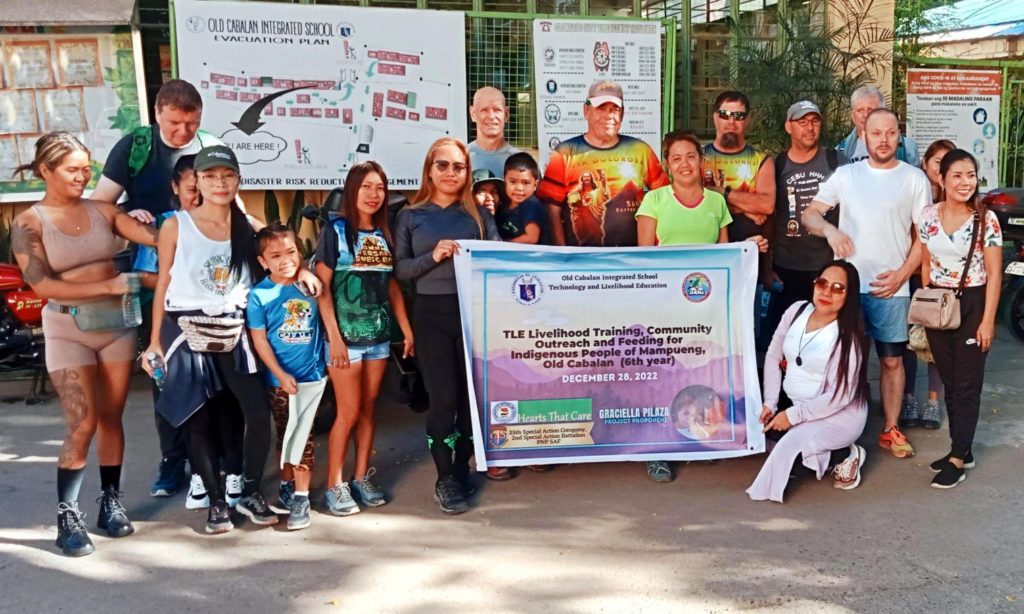
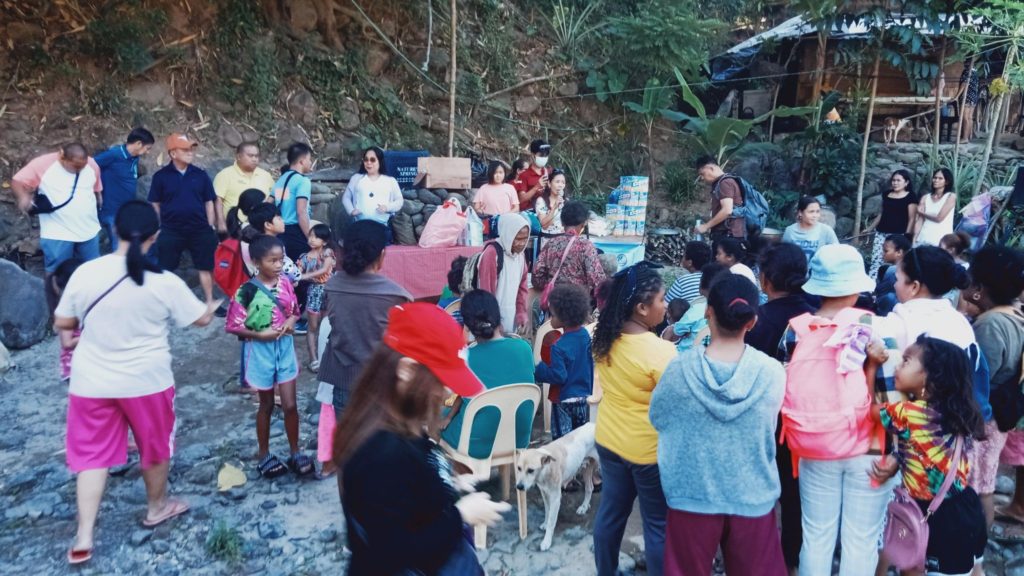
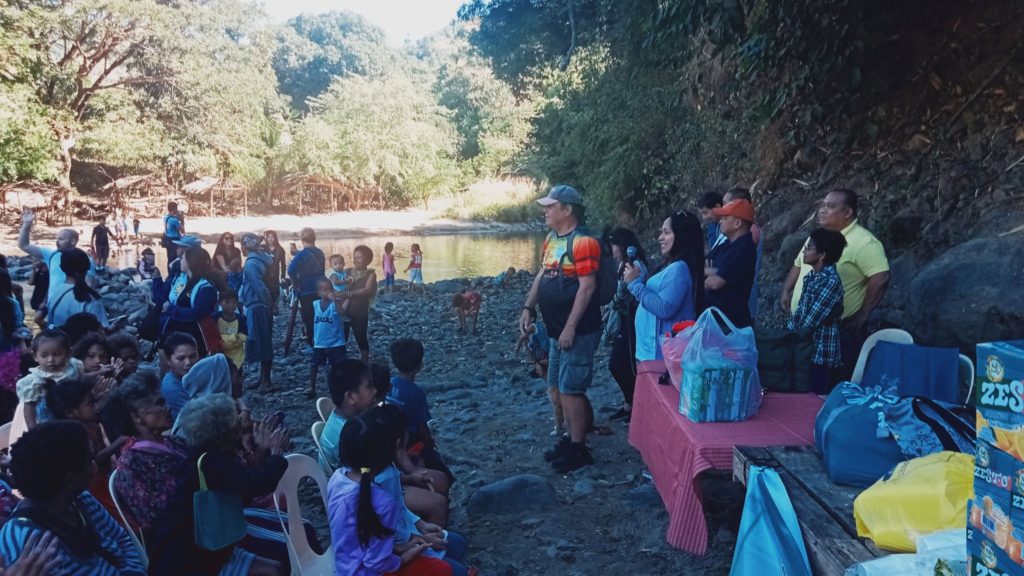

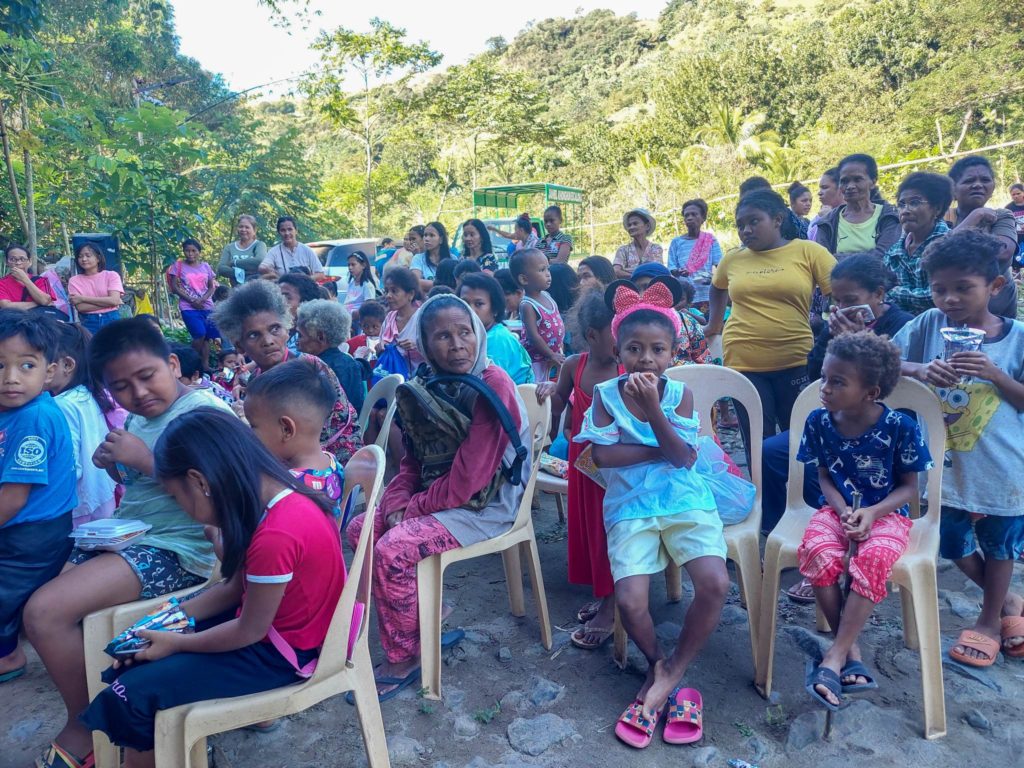

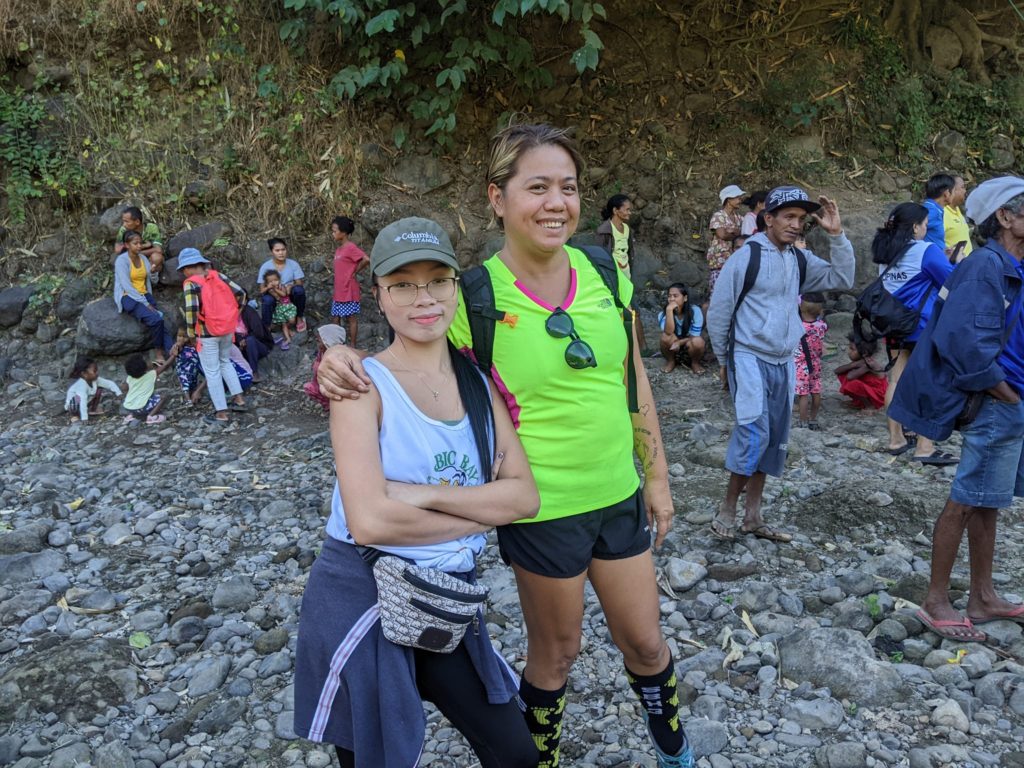
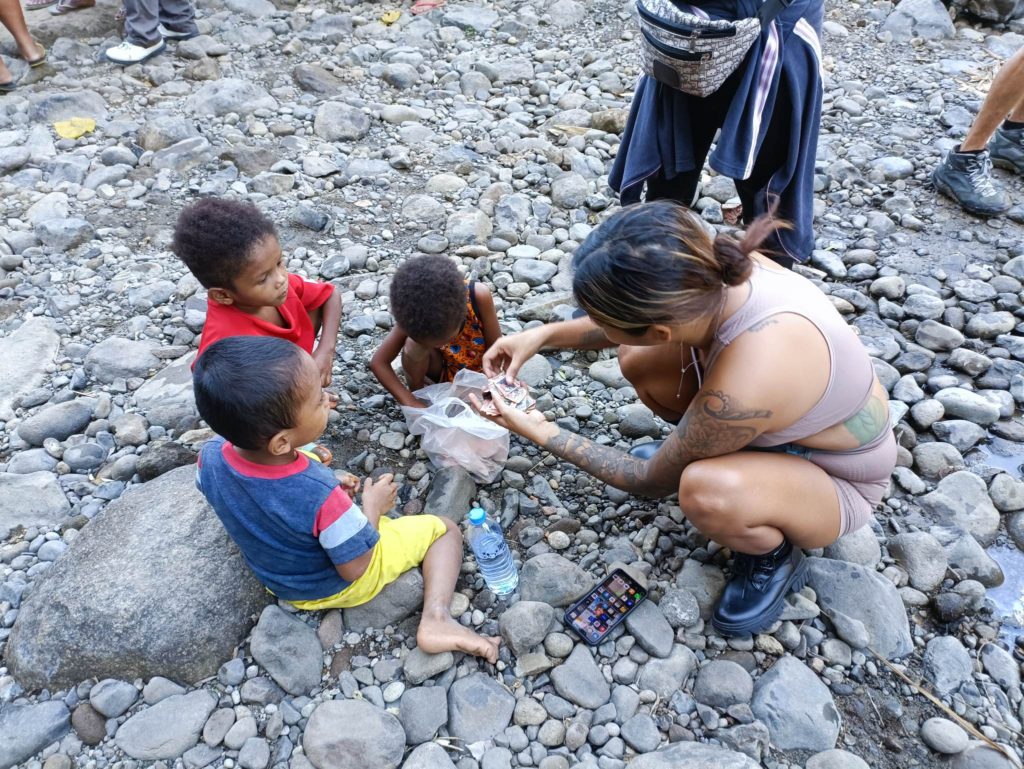
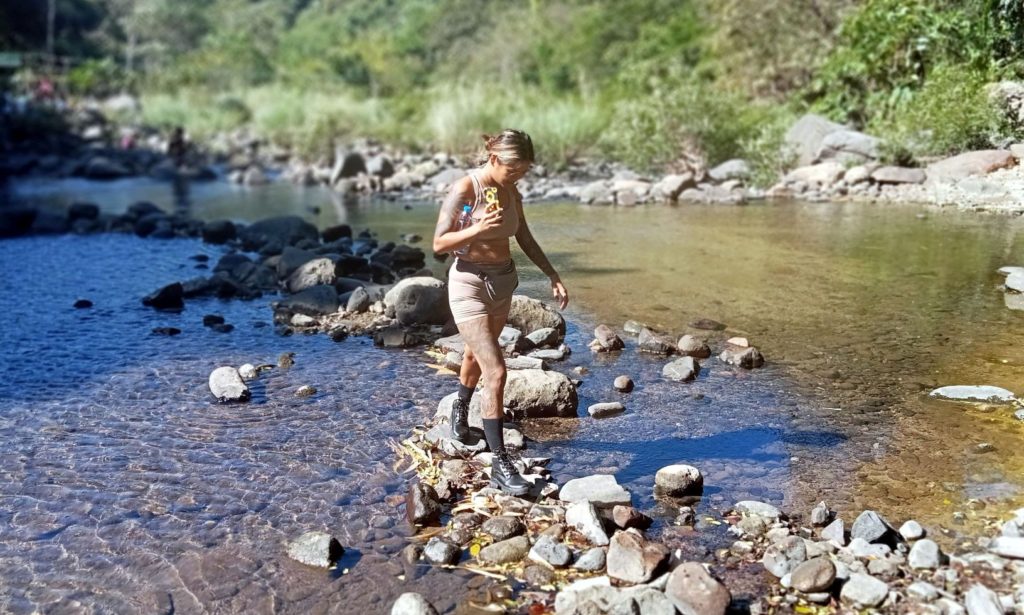
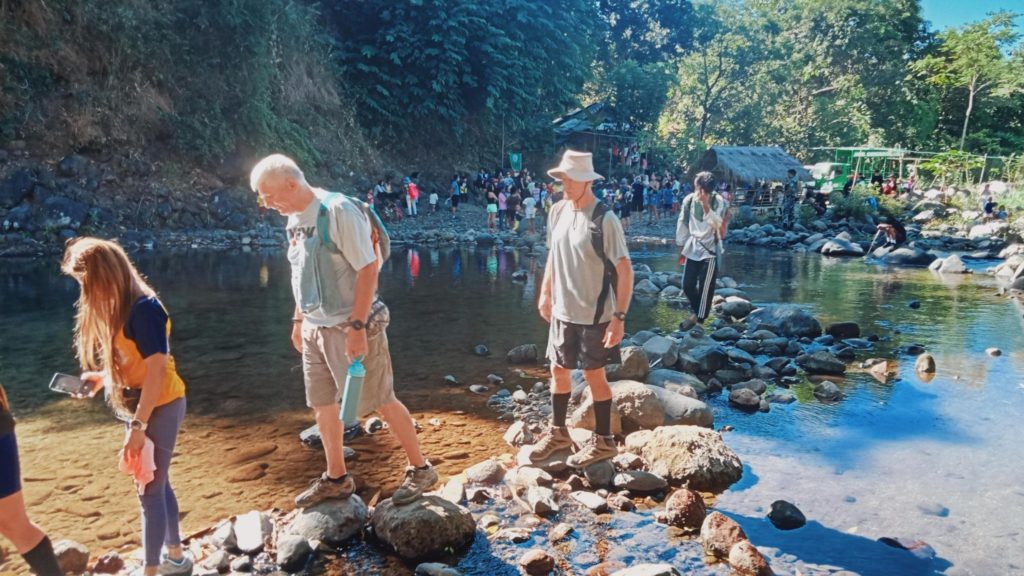

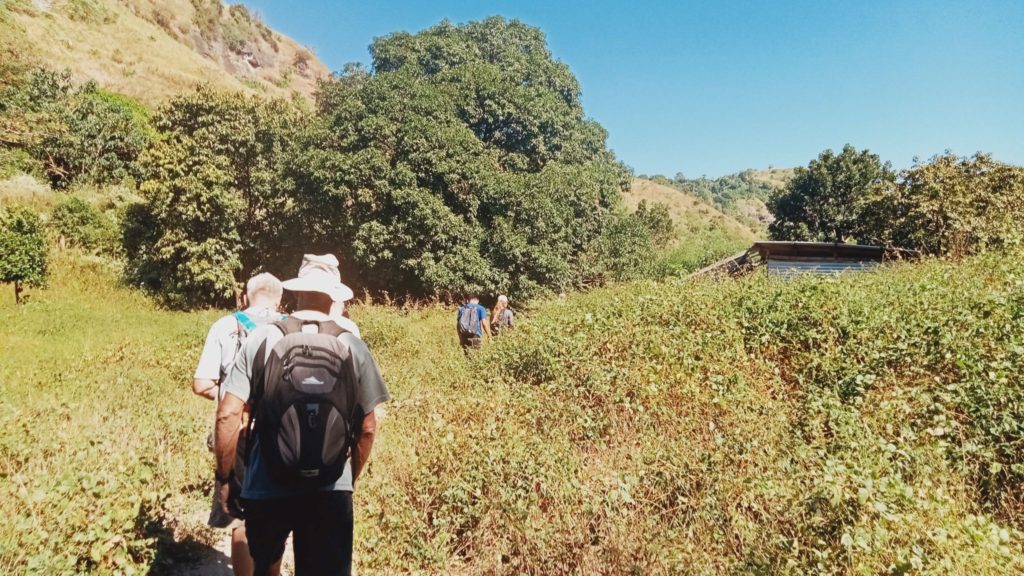
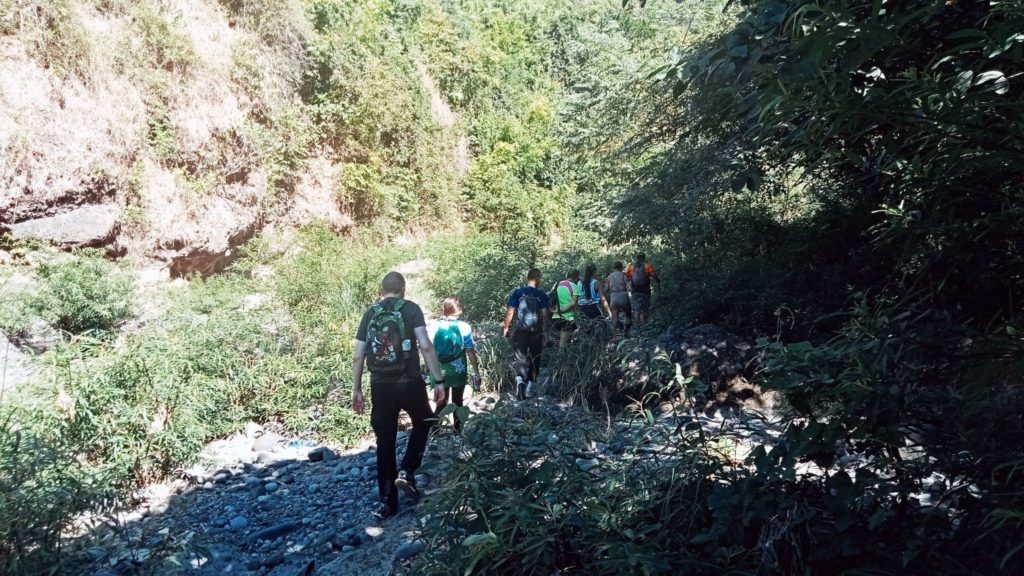

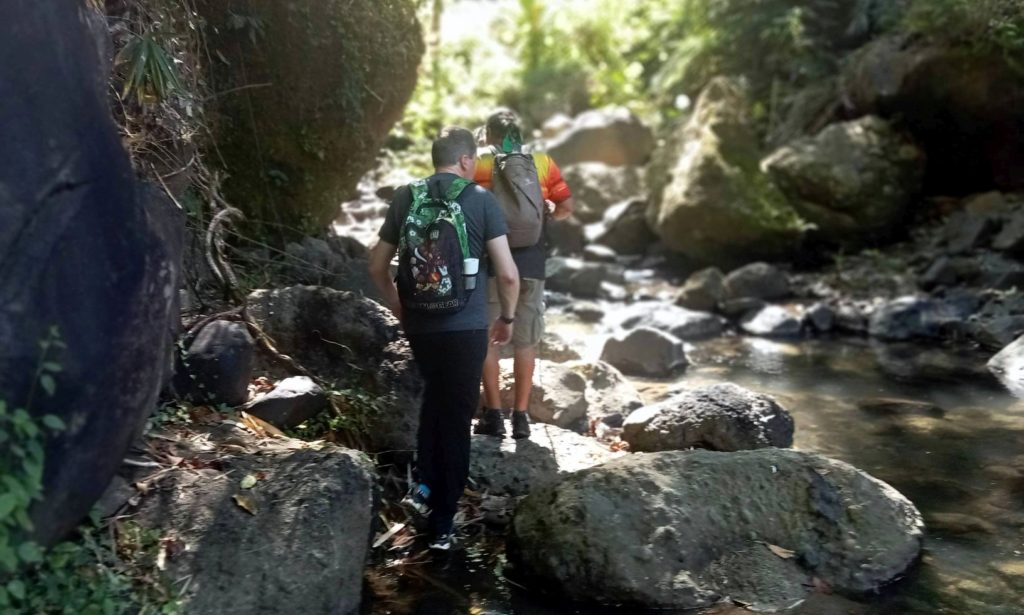
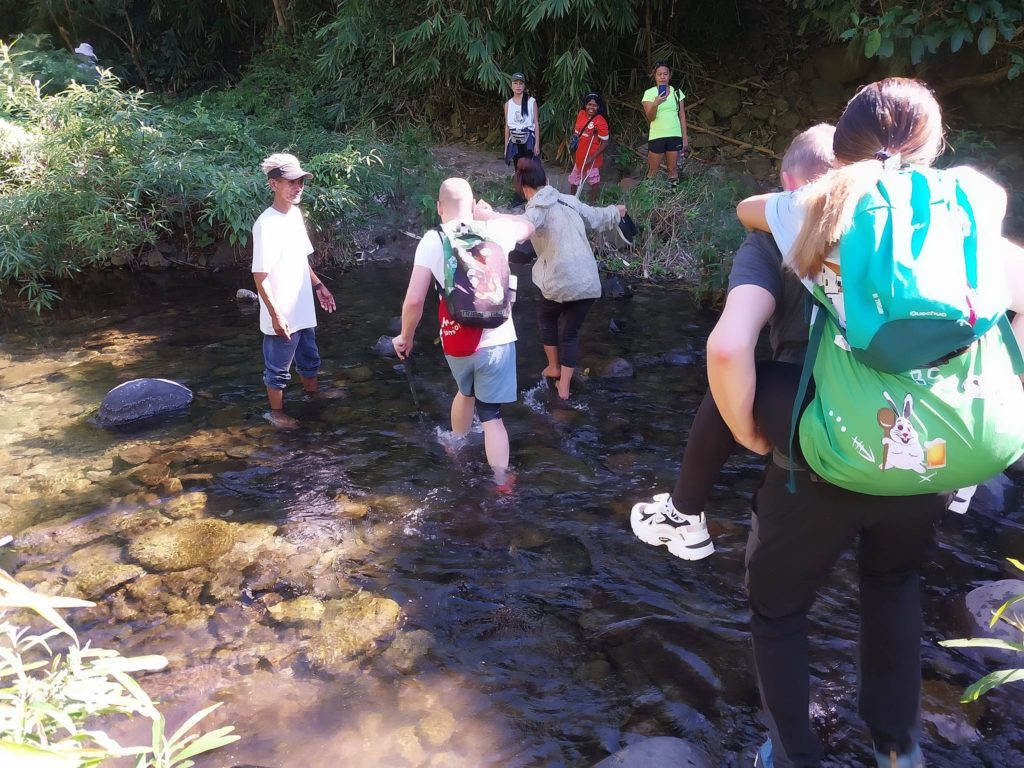
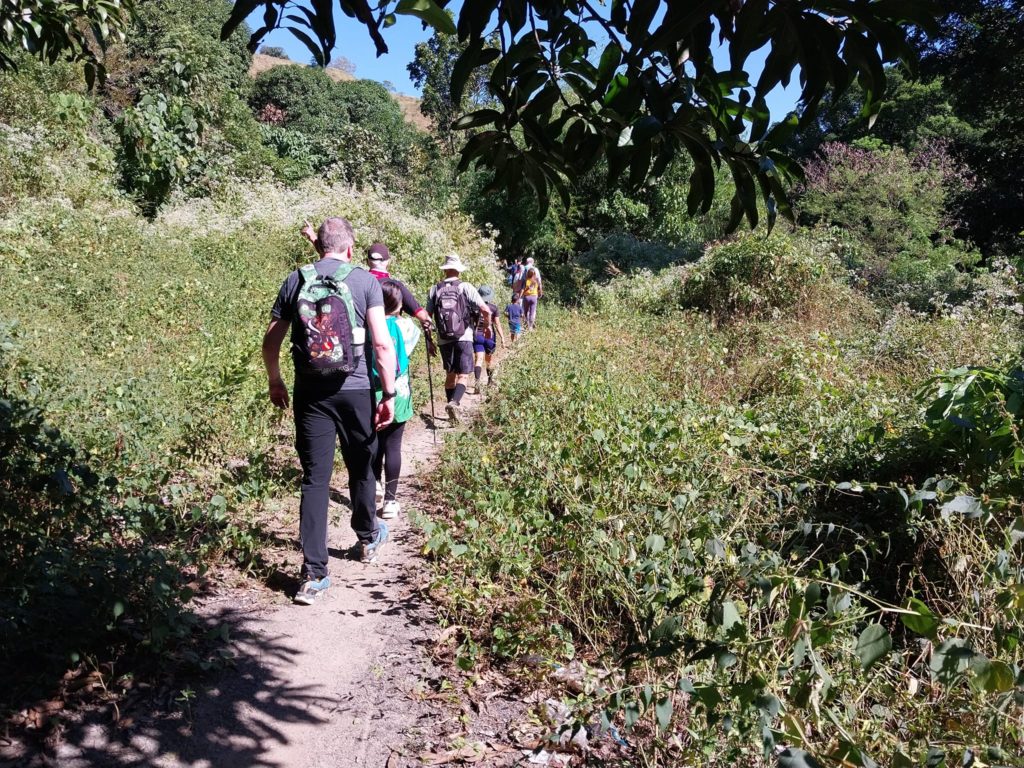
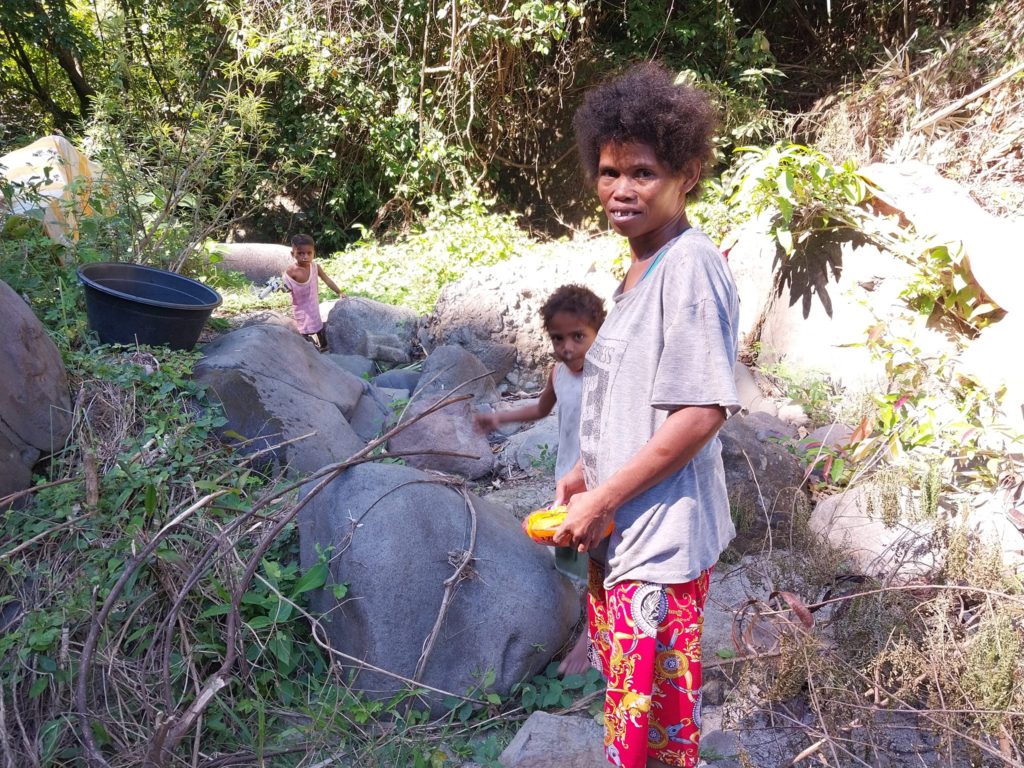
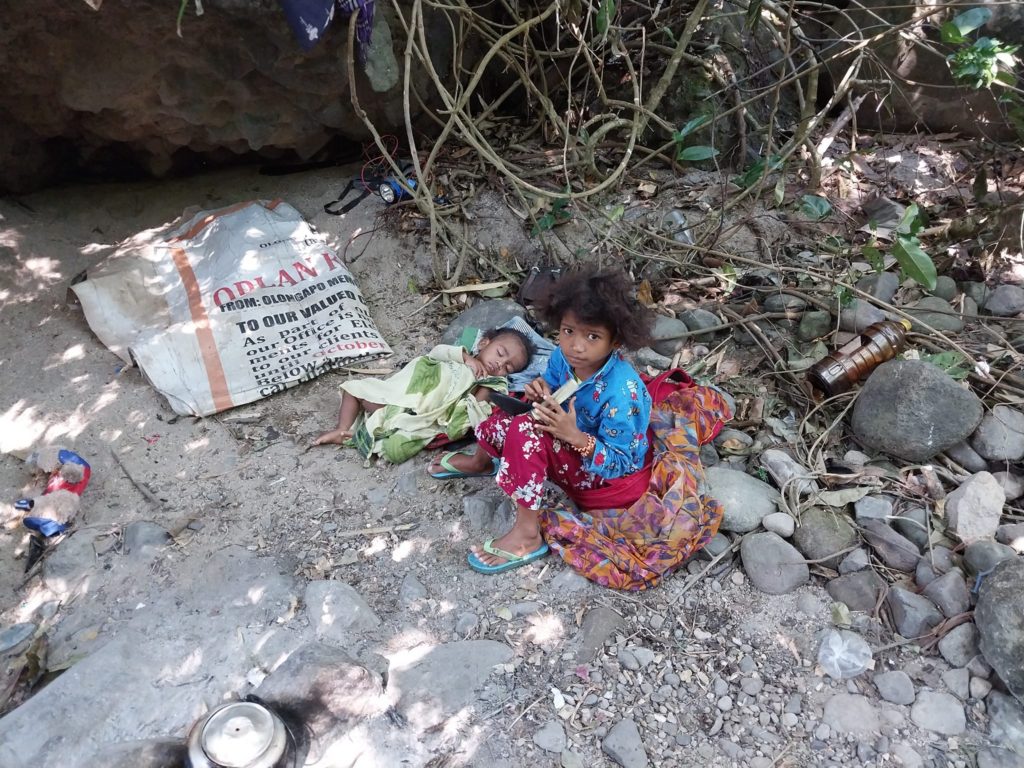
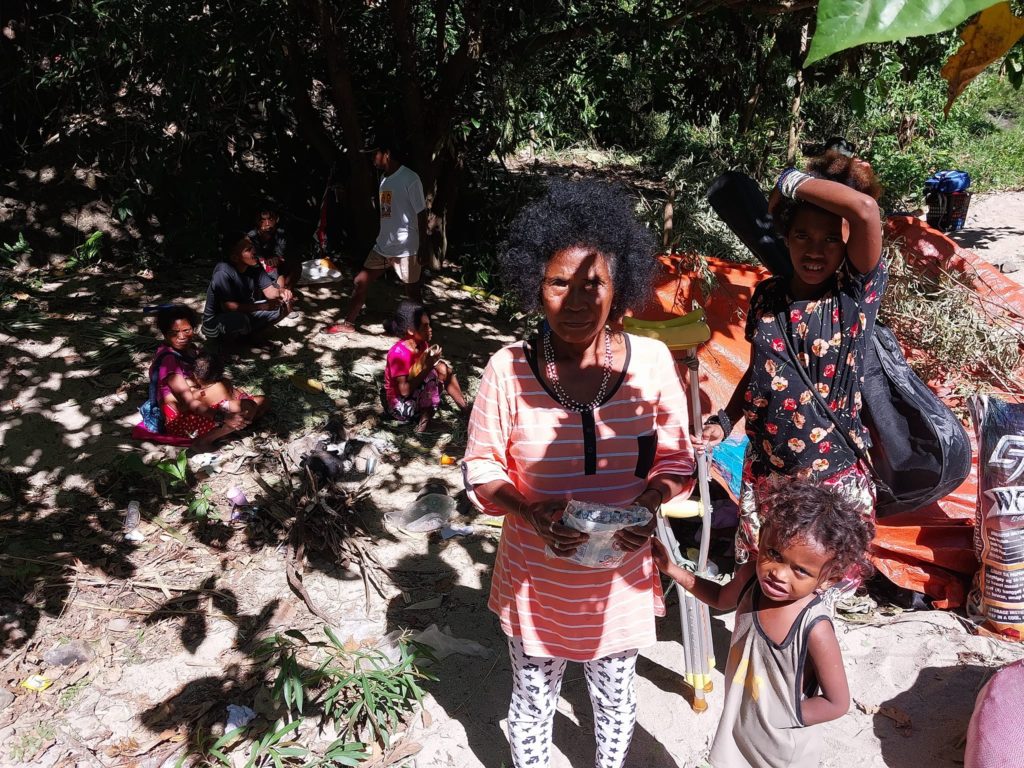
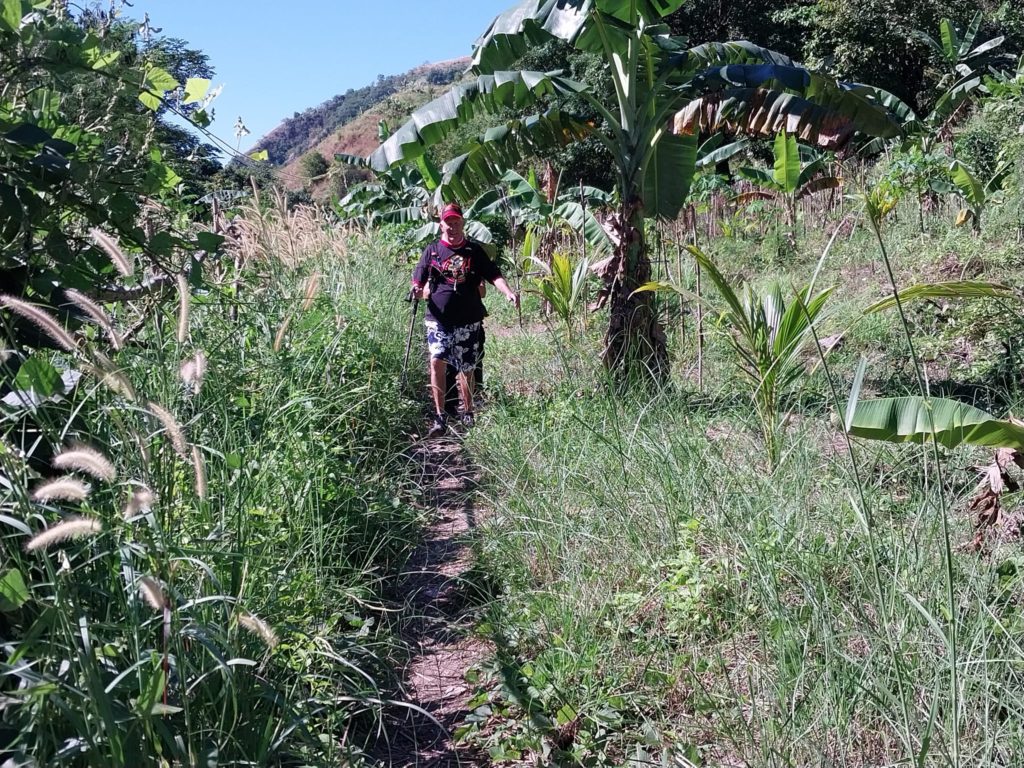
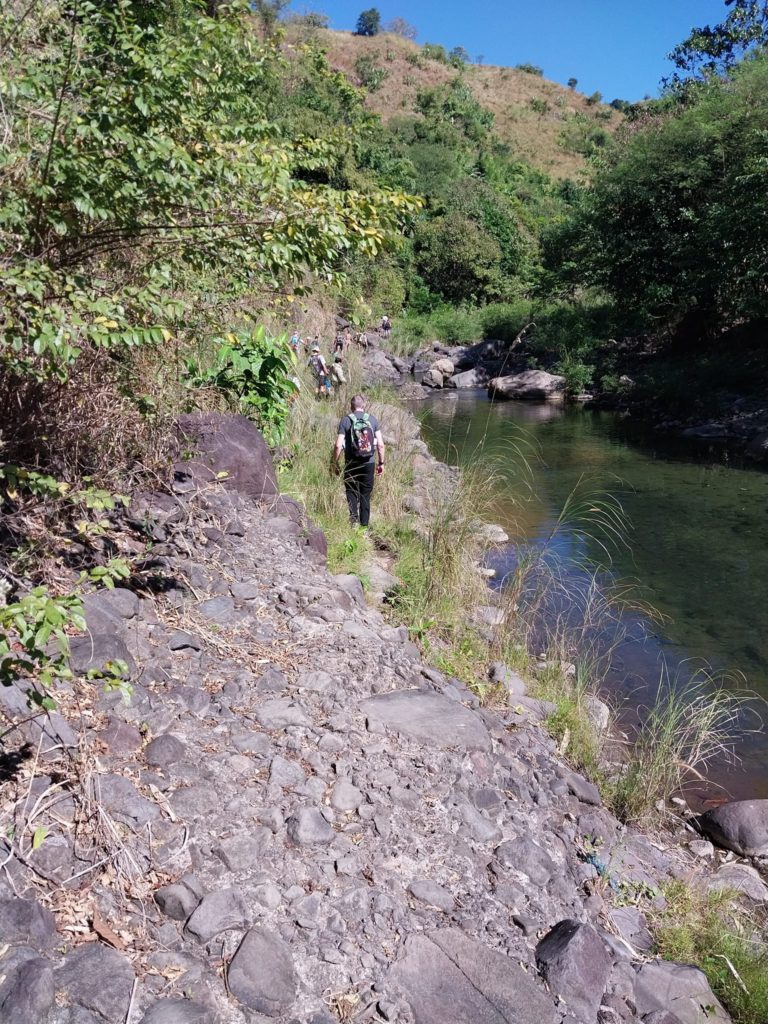
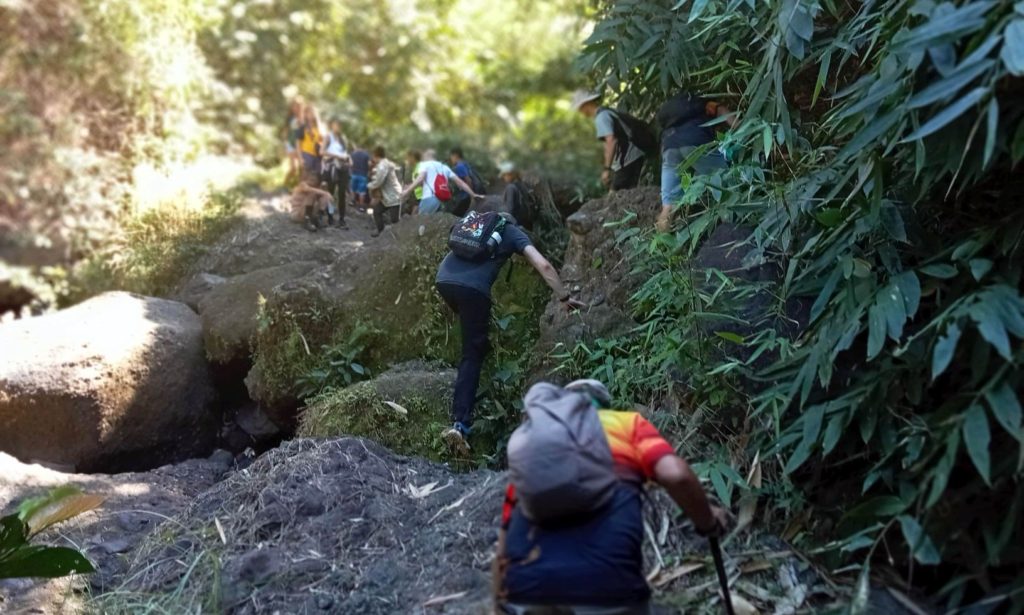
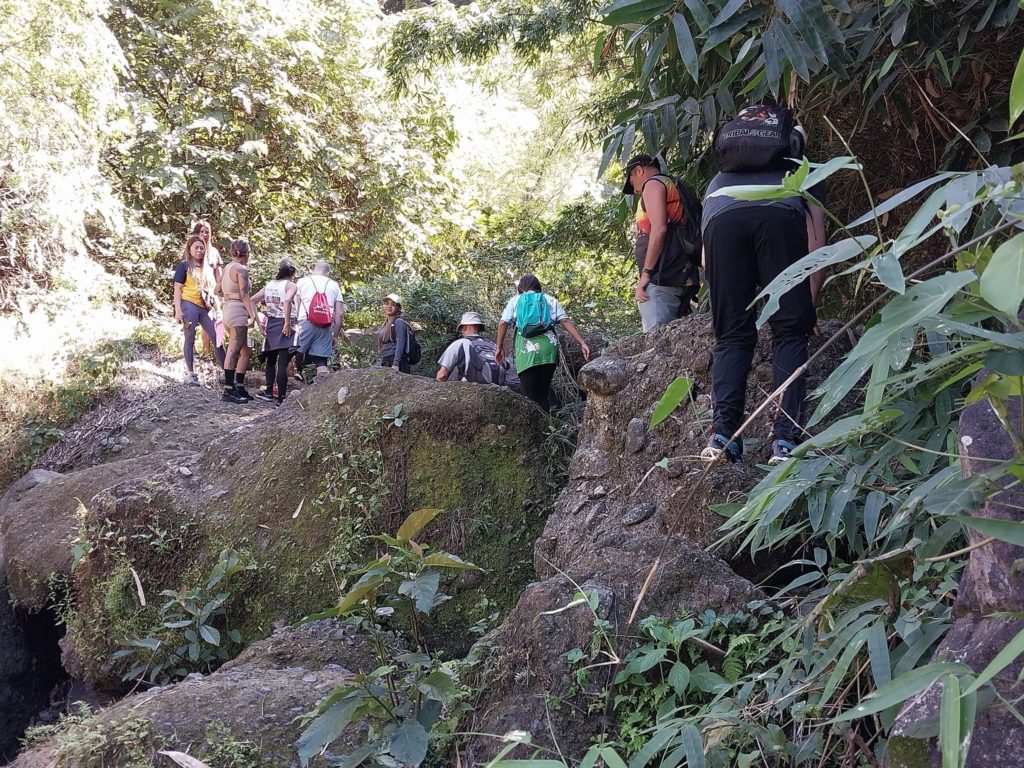
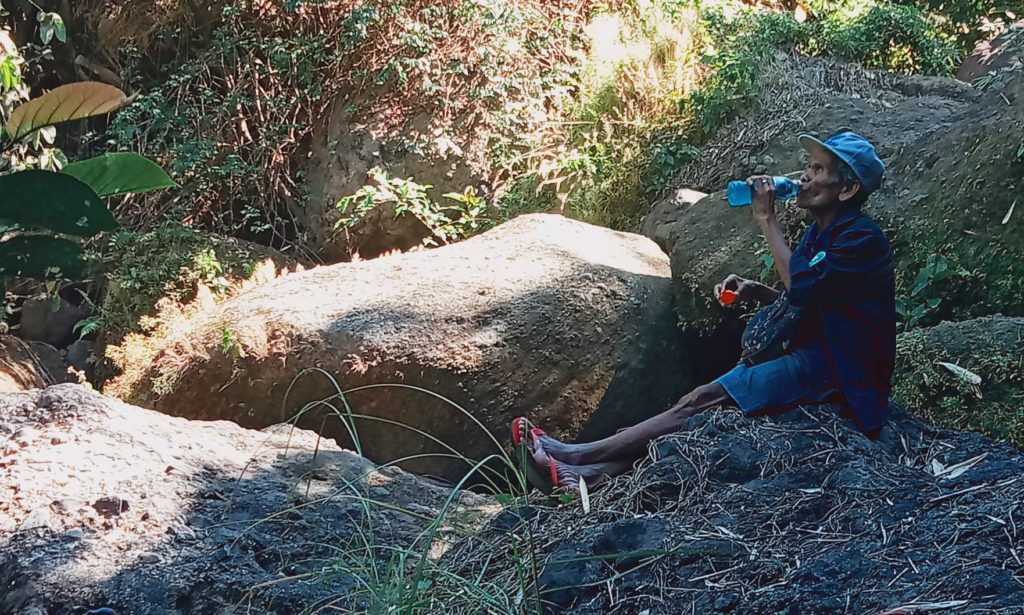
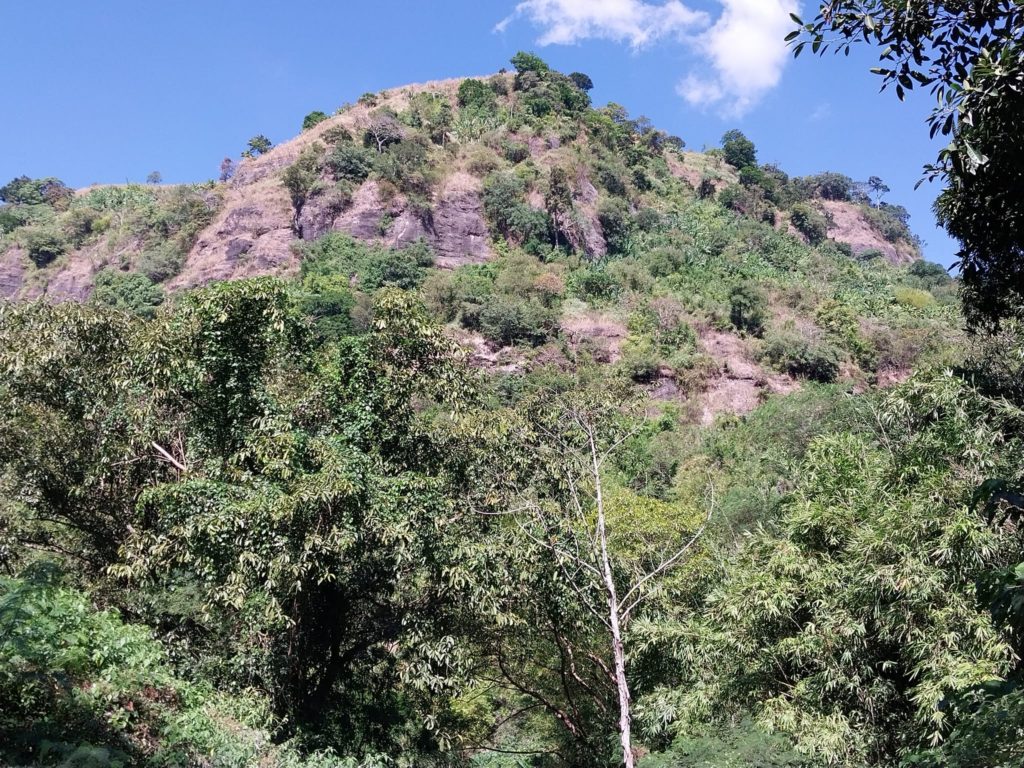

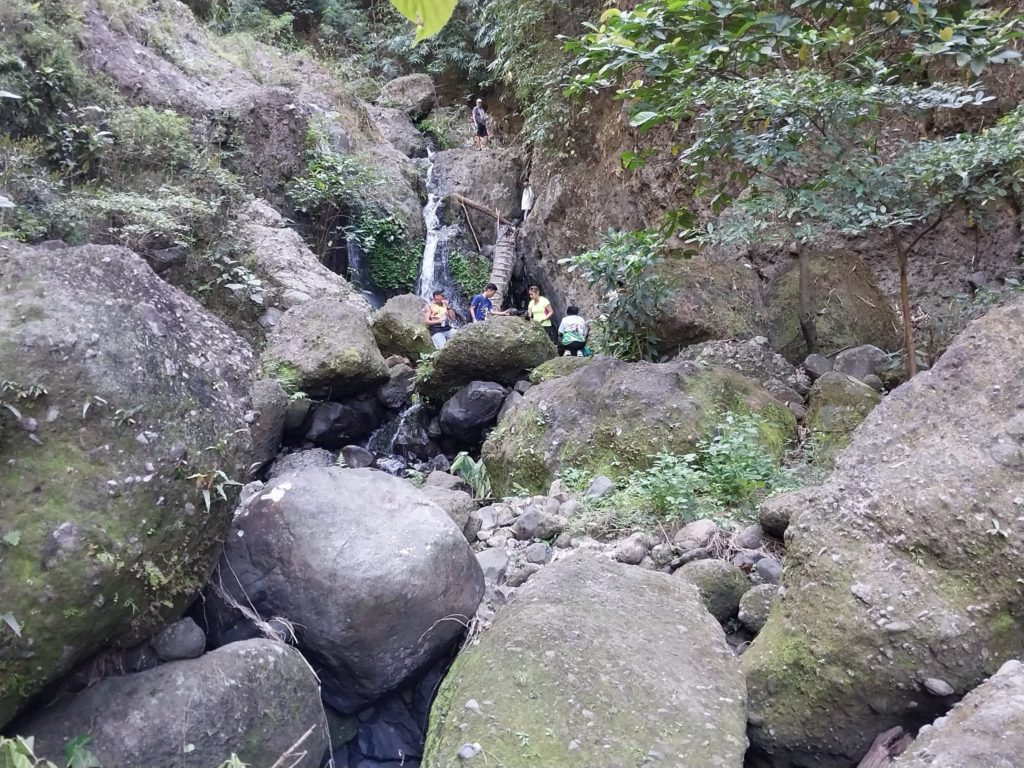
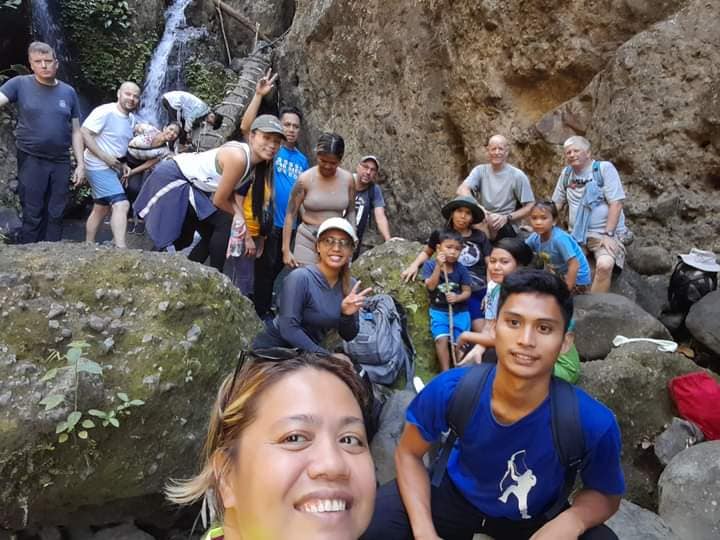

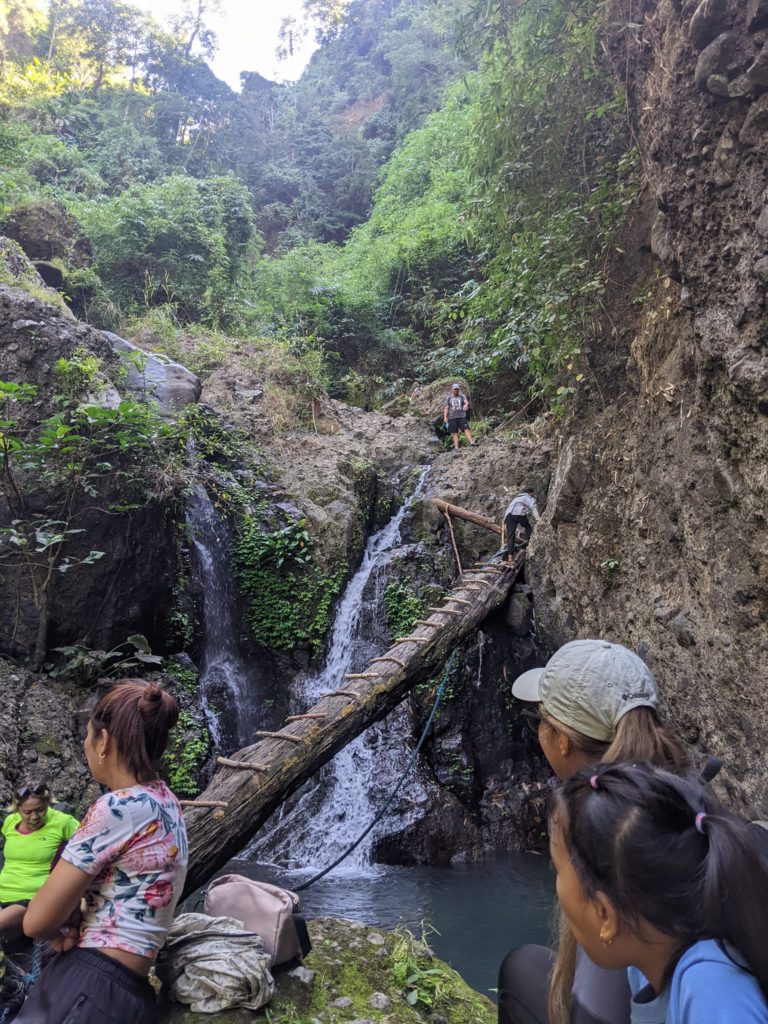
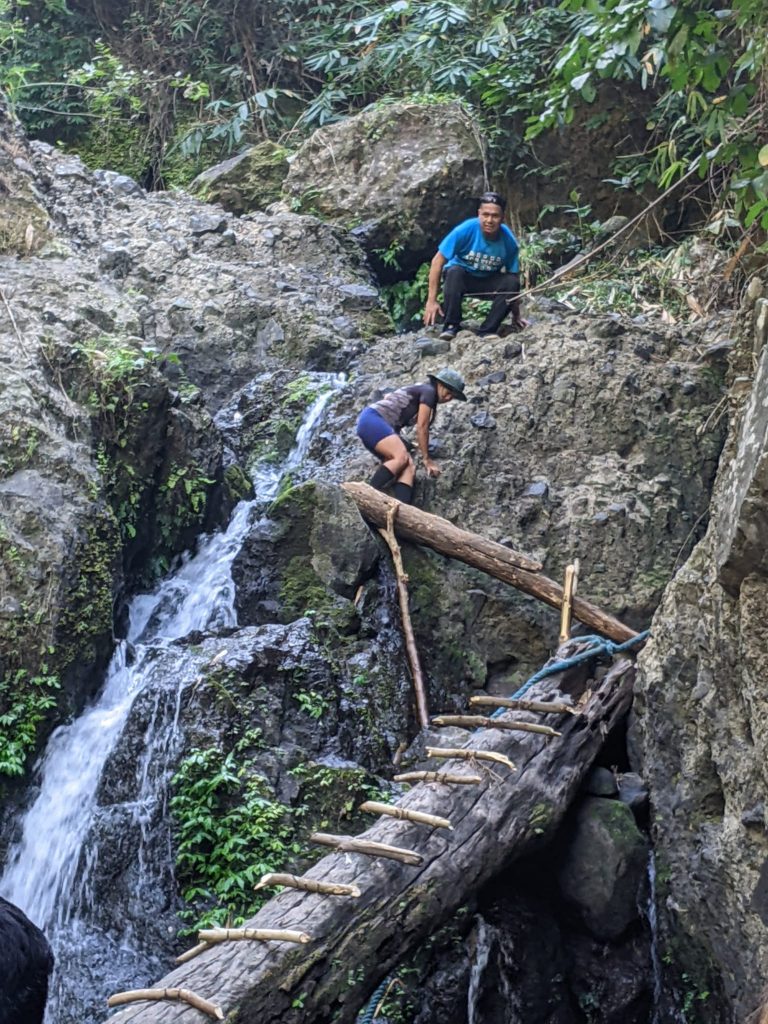
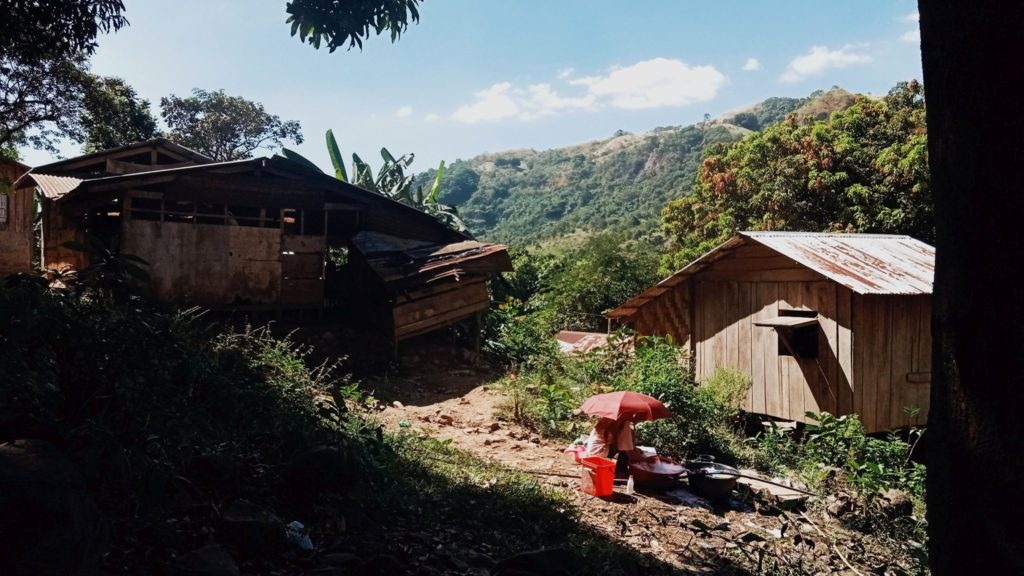
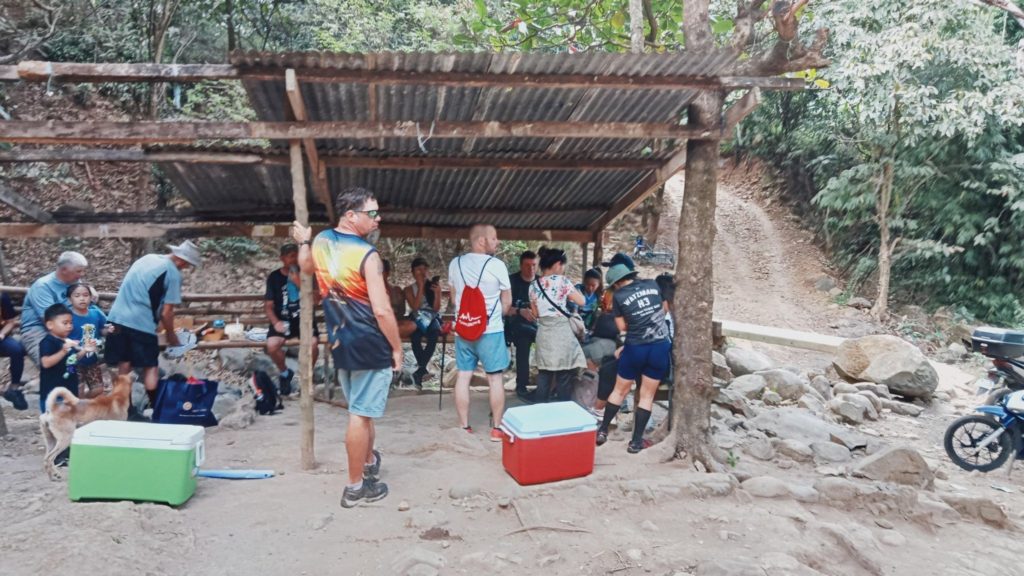
It was a good day of doing good. Maybe the perspectives I gained will carry forward and help me forget about what I don’t have and appreciate the things I do. That’s a pretty selfish takeaway, but giving and receiving go together, it seems
Time to shower up and gain the perspectives that come from consuming multiple bottles of beer. Thanks for dropping by!
“The mass of men lead lives of quiet desperation. What is called resignation is confirmed desperation. From the desperate city you go into the desperate country, and have to console yourself with the bravery of minks and muskrats. A stereotyped but unconscious despair is concealed even under what are called the games and amusements of mankind. There is no play in them, for this comes after work. But it is a characteristic of wisdom not to do desperate things..”
Henry David thoreau

Congrats on a successful wealth-redistribution campaign! Heh.
I don’t mind social action when it’s done voluntarily. True compassion is uncompelled compassion. And as you say: it might not amount to much, but it’s better than nothing. If the Aeta want to rise out of poverty, then that’s up to them. Maybe they don’t even see themselves as impoverished.
Counting your blessings is a good way to take stock as we begin a new year. You are indeed fortunate.
Yeah, I don’t think I’d have the balance to cross that high bridge you showed. Scary.
Beautiful pics.
Great pics and looks like a great area to hike.
All in all, a day well spent!!
“Maybe they don’t even see themselves as impoverished.”
I’m actually intrigued and curious about the Aeta population. My sense is that they choose to stay within their own communities rather than integrate into society at large. I’m not aware of any laws or other discriminatory practices that cause this. I’ve noticed that you very rarely see Aeta people working in jobs that might ease their poverty. For example, I don’t recall ever seeing an Aeta working in the malls, hotels, convenience stores, or the bars. I don’t know why that is. I’ve never heard a Filipino saying anything disparaging about the Aetas; in fact they seem to respect their history and traditions.